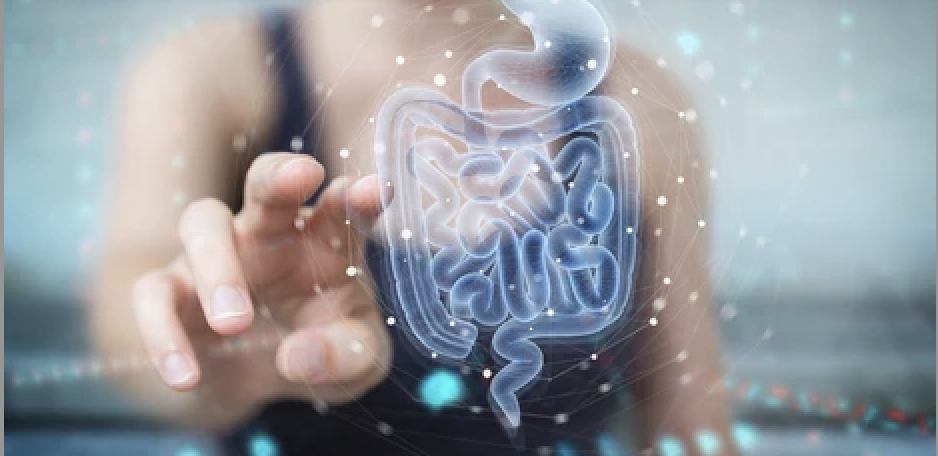
THE MICROBIOME – HOW IT KEEPS US HAPPY AND HEALTHY
An adult human has around 2kg worth of microbes in our large intestine comprised of bacteria, viruses, archaea, fungi… and sometimes parasites. In fact, our guts are so well populated that we actually have more bacterial cells in our bodies than our own cells. And as odd as this may sound, this tiny ecosystem in our gut plays an essential role in our health and wellbeing, both physically and mentally.
When the bacteria in our gut are living in balance, with the right combination of good variety of types of bacteria, we have a wonderful symbiotic relationship with them, where we feed them fibre and, in return, they fulfil a number of roles for us:
Finally, our microbiome plays a key role in our mental health. This may be no surprise when you think about getting butterflies when you’re nervous or needing the loo when you’re frightened – the connection between our gut and our brain is very real indeed. Research shows that a happy gut is a happy brain and vice versa.
Sometimes called the Microbiome-Gut-Brain axis, the connection via the Vagus Nerve allows two-way communication between our brains and our guts, and scientists believe that this is to allow and monitor integration of gut signals into the emotional and cognitive centres of the brain. This allows our brains to have up-to-the-second information on our immune system, our gut function, plus production of certain gut-derived neurotransmitters, such as the feel-good serotonin. In turn, the brain supplies the gut with information to control immune function, motility and the permeability of the barriers.
Working alongside the central nervous system in such a way means that the microbiome and gut may have real influence over our emotional states, particularly when it comes to stress responses, anxiety and memory function. And this can often be seen in action with people with altered gut function, such as IBS, where other symptoms may include anxiety and low mood.
Looking after our microbiomes is therefore key to our overall health and mental wellbeing.
![]()
Please get in touch and find out more - I offer a free 30-minute exploratory call.